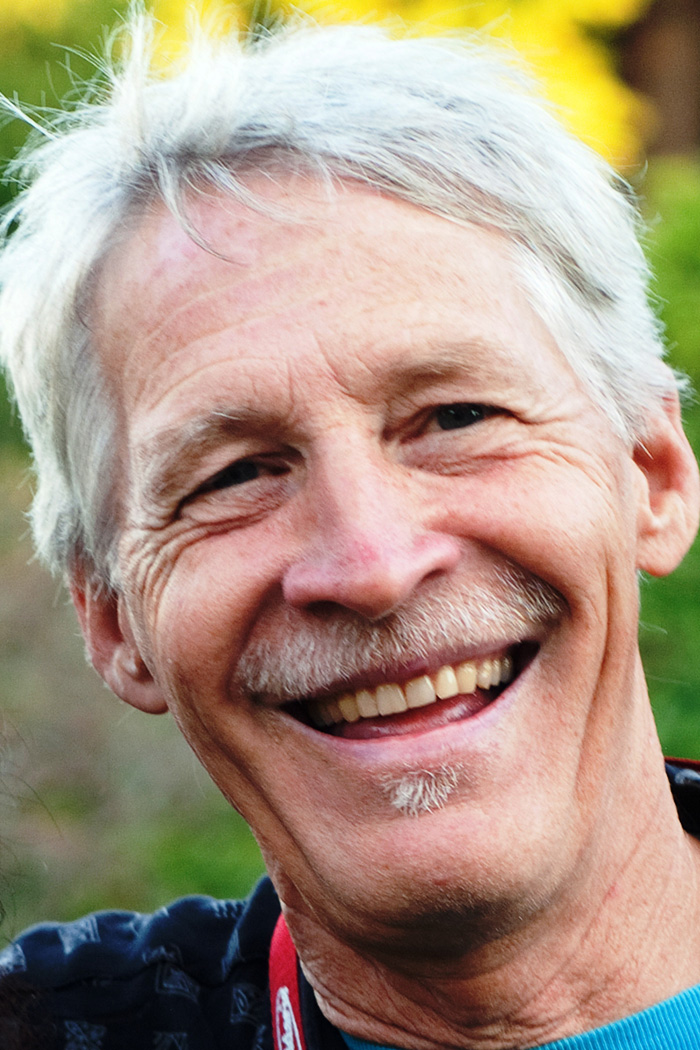
The third collection from Wyoming poet David Romtvedt focuses on the myth of separateness, both geographic and political. He brings to his writing the insight of many years’ work in the peace movement—insight gained from time in the Peace Corps in Zaire, conscientious objection to the draft in the Vietnam era, subsequent work with Poets for Peace, and efforts in opposition to the Trident nuclear submarine base on Puget Sound. His profound commitment results in a poetics of compassionate witness reflecting a lifelong engagement with intellectual and environmental studies and ethnomusicology. Selected by John Haines for the National Poetry Series.
ISBN: 9781556590467
Format: Paperback
Reviews
“He is Everyman (and woman): his poems make it easy to recognize our common stake in world affairs.” —Library Journal
“Romtvedt is known as a poet who believes words have real power.” —Booklist
“His book burns with… passion, but it burns coolly, evenly, the kind of passion that lasts.” —Poetry Flash
“David Romtvedt is a fine poet and an honest man. A sensibility that can include impressions from Africa, from the USSR, from Central American, and from the American West, and do so in such a way that they become part of a convincing personal theme, is uncommon, but it seems to me that Romtvedt has been able to do this. I have learned much from reading these poems, and have found additional satisfaction in listening to a voice from a part of our continent not often heard from.” —John Haines
